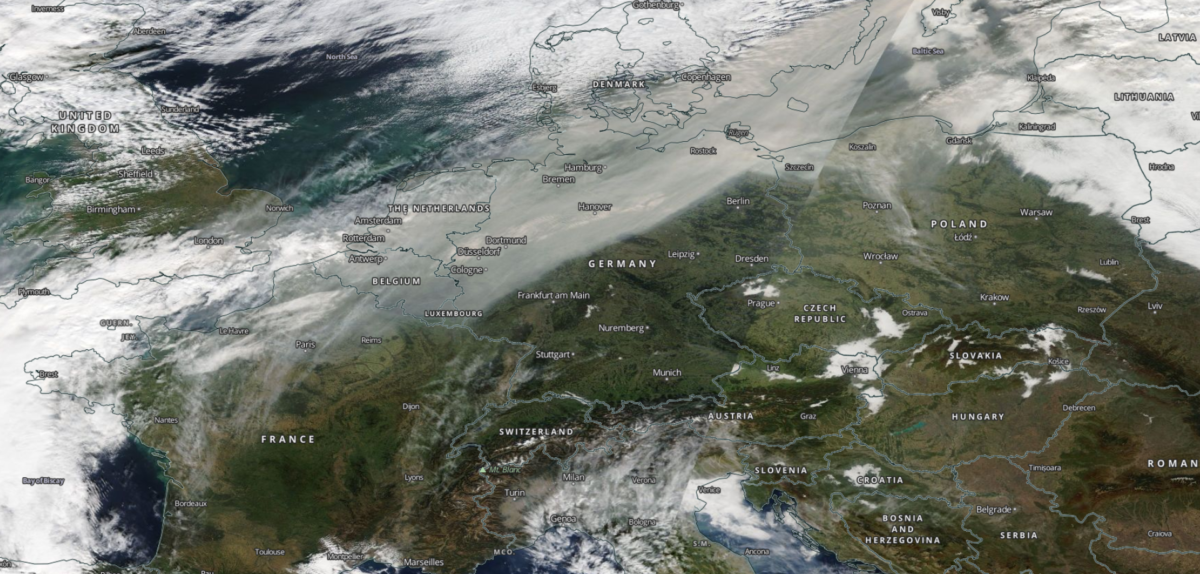From pv magazine Germany.
Aerosols have been a popular topic since the onset of the Covid-19 crisis and it is not only their ability to transmit disease which is of concern to solar project owners, they also cause clouds to form in the atmosphere.
A ‘Permastrom’ research project being conducted by Germany’s Karlsruhe Institute of Technology (KIT), national weather service the Deutscher Wetterdienst (DWD) and Chinese-owned PV forecaster Meteocontrol is examining how atmospheric aerosol particles affect clouds and solar radiation and how such events can be better taken into account in weather predictions for more precise PV yield forecasts.
Aerosols such as Saharan dust particles periodically transported to Europe, or soot from big forest fires can interfere with solar plant generation, potentially leaving shortfalls in the grid, and Germany’s Federal Ministry of Economics is backing the Permastrom research to the tune of €2.5 million.
Data
Popular content
“For the investigations, we use both measurement data from weather stations and satellite data,” said Bernhard Vogel, head of the trace substance modeling and climate processes group at KIT’s institute for meteorology and climate research – tropospheric research.
The data will be processed by an extended numerical weather forecasting system operated by the DWD for the application. The project builds on the previous Perdus initiative, which investigated the transport of Saharan dust to Germany, for solar forecasting purposes. Permastrom will consider aerosols such as those generated by forest fires and will model them to predict their effects on cloud formation.
Meteocontrol will further develop the forecasting system to take into account grid company requirements. “This means that the research results in the form of new forecast models [which] can be used by the power grid operators in the future,” stated the company.
German grid operators Amprion and 50 Hertz and electric utility EnBW are associated partners of the research program.
This content is protected by copyright and may not be reused. If you want to cooperate with us and would like to reuse some of our content, please contact: editors@pv-magazine.com.



0 comments
By submitting this form you agree to pv magazine using your data for the purposes of publishing your comment.
Your personal data will only be disclosed or otherwise transmitted to third parties for the purposes of spam filtering or if this is necessary for technical maintenance of the website. Any other transfer to third parties will not take place unless this is justified on the basis of applicable data protection regulations or if pv magazine is legally obliged to do so.
You may revoke this consent at any time with effect for the future, in which case your personal data will be deleted immediately. Otherwise, your data will be deleted if pv magazine has processed your request or the purpose of data storage is fulfilled.
Further information on data privacy can be found in our Data Protection Policy.